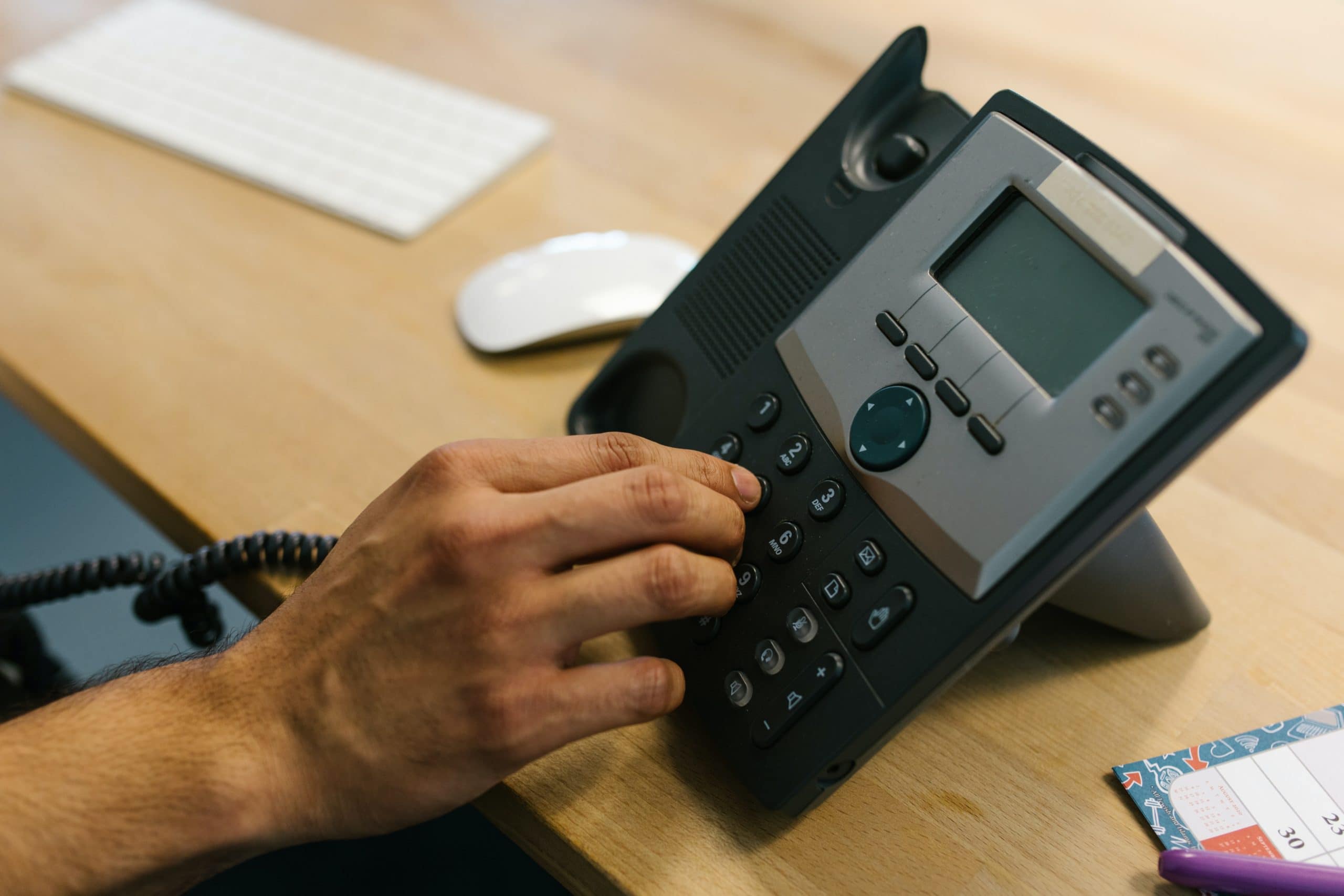Almost every week, at least one court hands down a new decision interpreting the autodialer ban contained in the Telephone Consumer Protection Act (“TCPA”). In the decisions released after the U.S. Supreme Court’s opinion in Facebook v. Duguid, lower courts have overwhelmingly interpreted the TCPA’s definition of “autodialer” as requiring the use of a number generator to produce the subject called phone number(s). In a recent Arizona autodialer case captioned Jovonovic v. SRP Investments, another court added its name to this growing trend, including a helpful explanation of how to evaluate TCPA autodialer claims.
How does the Jovanociv autodialer case help businesses interpret the TCPA?
Jovanovic allegedly received an unwanted text message from SRP Investments, prompting him to file a TCPA lawsuit. In his complaint, Jovanovic alleged that the SRP text message contained indicators of autodialer use, such as: “text STOP to end” language, autodialer software integration with public records to produce a personalized text message, and the fact that he never shared his number with SRP. SRP moved to dismiss the case arguing that Jovanovic had not alleged sufficient facts to state a plausible claim for violation of the TCPA.
The Court agreed with SRP and dismissed the case. Even taking all of Jovanovic’s allegations as true, the Court found that he still failed to cross the threshold from alleging a possible claim to a plausible claim as the law requires. In its discussion of the case, the Court listed several factors that can be considered in order to properly allege an autodialer claim: (1) impersonal, generic messages; (2) multiple, repetitive messages in a short period of time; (3) the recipient’s ability to interact with the messages (i.e., replying STOP to end the messages); and (4) the number sending the text message, usually a short-code number.
The Court ultimately held that, as illustrated by the text message at issue, the receipt of a personalized text message (e.g., using the recipient’s name in the message) from a long code (10-digit) number provides a strong assumption that an autodialer was not used to send the message.
Why is the Jovanovic decision important for your business?
The Jovanovic case is just the latest autodialer case to hold that the TCPA’s definition of autodialer requires use of a number generator to produce called or texted phone number(s). The decision also provides some guidance on how to evaluate commercial text messaging practices beyond just the issue of whether you have prior express written consent to call or text. Do your business’s text messages include the consenting recipient’s name? Do they come from a short code or a long code? How many text messages did your business send to consumers and over how long a period of time?
The court in Jovanovic helpfully outlined the kinds of questions telemarketers should ask themselves in evaluating text messaging practices. Getting a consumer’s prior express written consent remains the single most important part of any defense against TCPA violations. Keeping these additional points in mind, however, can shut off many avenues that plaintiffs have to allege a plausible autodialer violation claim.
Hire experienced TCPA attorneys.
The TCPA changes with every court and regulatory decision. Does your website have the proper TCPA consent language? Is your text messaging campaign structured to avoid questions of TCPA liability? These and many other questions require a level of knowledge and engagement with telemarketing laws that most companies do not have the time or bandwidth to maintain. Hiring experienced TCPA attorneys can solve that problem. The attorneys at Klein Moynihan Turco have years of TCPA experience. They can help you evaluate your text message policies and procedures, review your text messaging campaigns to ensure that your business is protecting itself against TCPA claims, and defend your business in any TCPA litigation action that may be filed.
If you need assistance with updating your telemarketing practices and procedures or defending against a TCPA lawsuit, please email us at info@kleinmoynihan.com or call us at (212) 246-0900.
The material contained herein is provided for informational purposes only and is not legal advice nor is it a substitute for seeking legal advice from an attorney. Each situation is unique, and you should not act or rely on any information contained herein without seeking the advice of an experienced attorney.
Attorney Advertising
Photo by RODNAE Productions from Pexels
Similar Blog Posts:
A Beginner’s Guide to TCPA Litigation




